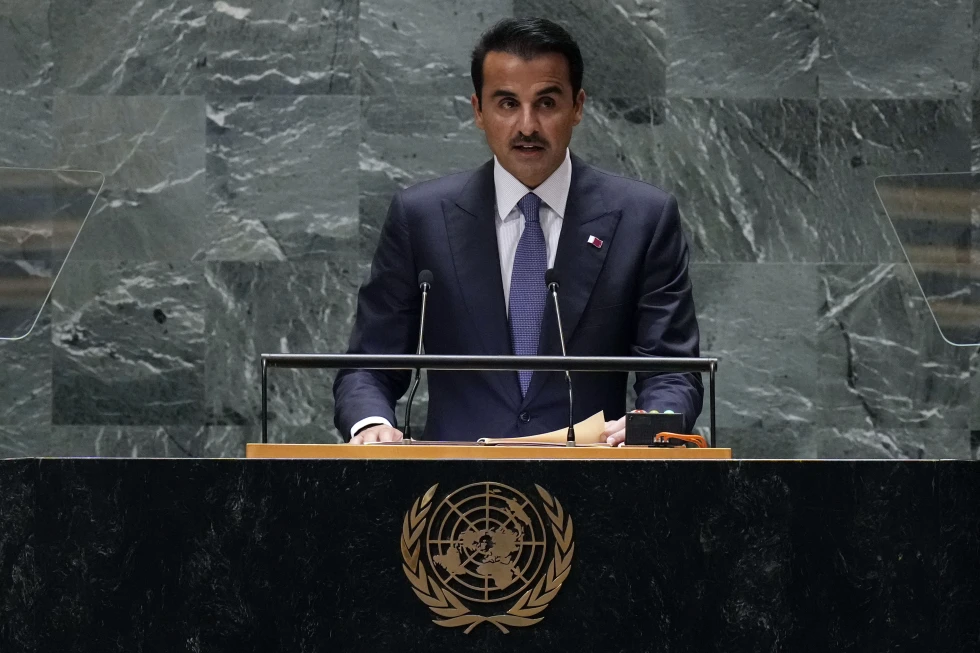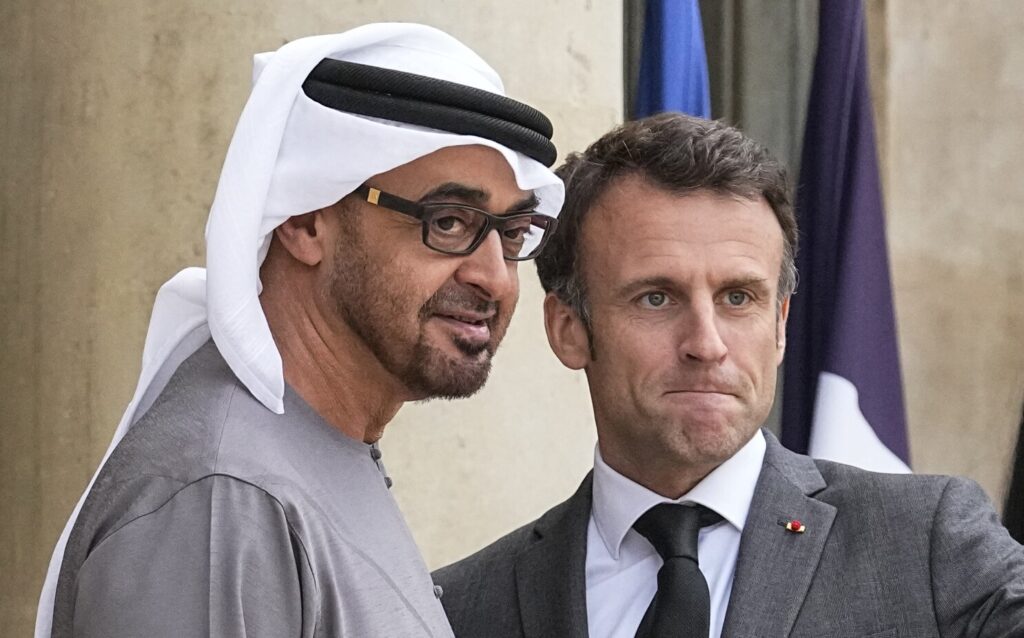Qatar’s Emir, Sheikh Tamim bin Hamad Al Thani, announced Tuesday that the nation will hold a referendum to end its brief experiment with electing members to the advisory Shura Council. This decision comes just two years after Qatar’s first-ever legislative elections in 2021.

In his annual address to the Shura Council, Sheikh Tamim did not provide a specific timeline for the referendum. The Shura Council, which drafts laws, approves state budgets, and advises the ruler, lacks authority over defense, security, and economic matters.
“We are all one family in Qatar,” Sheikh Tamim stated, according to the state-run Qatar News Agency. “The contest between candidates for membership in the Shura Council took place within families and tribes, and there are different views regarding the repercussions of such competition on our norms, traditions, as well as the conventional social institutions and their cohesion.”
The Emir expressed concerns about the electoral process taking on an “identity-based character” that Qatar is “not equipped to handle,” citing potential long-term complications.
Qatar’s 2021 elections were marred by controversy over an electoral law that distinguished between born and naturalized Qatari citizens, barring the latter from participation. Human Rights Watch criticized the system as “discriminatory,” excluding thousands of Qataris from running or voting. The disqualifications sparked minor tribal protests, resulting in several arrests.
The move to potentially abandon legislative elections represents a significant rollback in the Gulf region’s tentative steps towards democratic reforms. These efforts gained momentum following the September 11, 2001 attacks and the 2011 Arab Spring, with the United States pushing for greater democracy in the Middle East.

Qatar’s decision follows a trend in the region, with Kuwait dissolving its parliament in May for up to four years. Kristin Smith Diwan, a senior resident scholar at the Arab Gulf States Institute in Washington, commented, “It’s important to recognize there has been a debate on this and there was a popular push from below for more representation and accountability. But it seems like that moment has passed.”
The referendum proposal comes at a time when Qatar maintains a significant international profile. The nation recently hosted the 2022 FIFA World Cup, mediated in conflicts such as the Israel-Hamas war, and continues to host the U.S. military’s Central Command at Al-Udeid Air Base.
Sheikh Tamim emphasized in his speech that “the Shura Council is not a representative parliament in a democratic system,” adding, “In Qatar, the people and the government have a direct civic relationship, and there are recognized norms and mechanisms for direct communication between the people and the governance.”
As Qatar considers this significant shift in its governance structure, the decision highlights the ongoing challenges faced by Gulf states in balancing traditional ruling systems with modern democratic aspirations. The outcome of this referendum could have far-reaching implications for Qatar’s political landscape and potentially influence similar discussions across the region.



